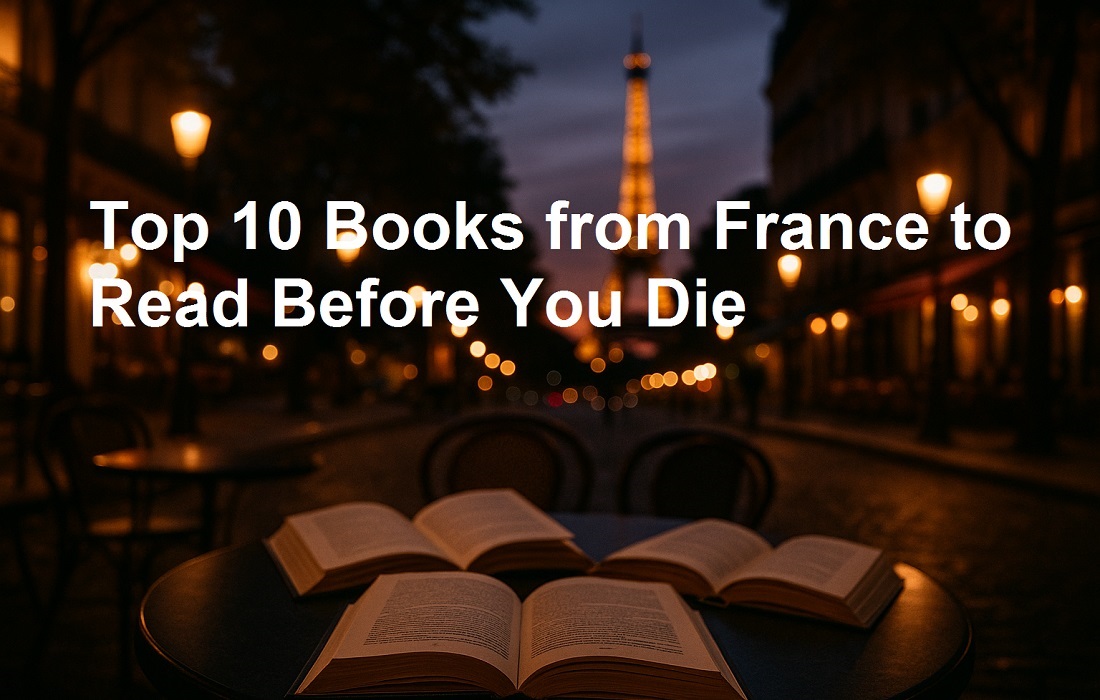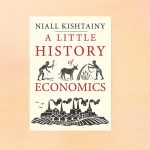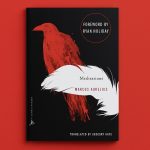French literature has profoundly influenced the global literary canon, producing works that blend intellectual depth, emotional resonance, and groundbreaking narrative styles. From Enlightenment satire to 20th‑century existentialism, and from epic Romantic adventures to contemporary philosophical novels, France’s greatest books have permanently shaped world literature. What follows is a curated selection of Top 10 Books from France with their English title first, followed by the original French in parentheses, each accompanied by an in‑depth abstract that captures its themes, style, and enduring legacy.
Top 10 Books from France to Read Before You Die
1. Les Misérables (Les Misérables) by Victor Hugo (1862)

Victor Hugo’s monumental novel is a sweeping chronicle of crime, punishment, love, and redemption, set against a backdrop of 19th‑century France and the Paris uprisings. The central figure, Jean Valjean, is transformed by an act of kindness but pursued relentlessly by Inspector Javert. Alongside this cat‑and‑mouse struggle, Hugo weaves the tragedies of Fantine, the coming‑of‑age of Cosette, the youthful rebellion of Marius, and the plights of Paris’s poor. This is not merely a political and social critique – it’s a deeply human story about moral growth, sacrifice, and the capacity for forgiveness. Its blend of gritty realism, moral philosophy, and romantic idealism has kept it among the most beloved and widely adapted novels in world literature.
2. Madame Bovary (Madame Bovary) by Gustave Flaubert (1857)
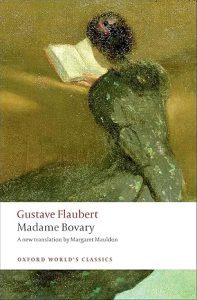
Often cited as the first masterpiece of literary realism, Flaubert’s Madame Bovary follows Emma Bovary, a provincial woman consumed by a longing for romance, beauty, and excitement beyond her mundane rural life. Dissatisfied with her marriage to a kind but dull doctor, she seeks fulfillment through lavish spending and adulterous affairs, each of which pulls her deeper into debt and despair. Flaubert’s meticulous, rhythmically crafted prose and his almost scientific detachment in observing Emma’s desires and delusions created a new narrative style. The novel was scandalous upon release, drawing obscenity charges, yet today it’s studied for its pioneering psychological depth and its critique of shallow romanticism.
3. In Search of Lost Time (À la recherche du temps perdu) by Marcel Proust (1913–1927)
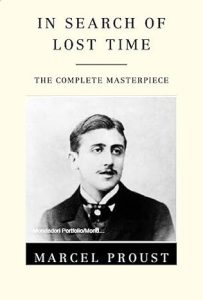
This seven‑volume opus is a profound meditation on memory, art, society, and the passage of time. Narrated in first person and inspired by Proust’s own experiences, the work famously begins with the taste of a madeleine triggering a flood of recollections. Through aristocratic salons, seaside holidays, and romantic entanglements, Proust examines humanity’s longing for permanence amid life’s constant change. The novel’s length and intricacy can be intimidating, but its insights into love, jealousy, class, and creativity reward patient readers, making it one of literature’s most revered achievements.
4. The Stranger (L’Étranger) by Albert Camus (1942)
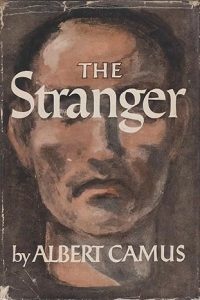
Often considered the quintessential existential novel, Camus’s The Stranger introduces Meursault, a man emotionally detached from the world, who becomes embroiled in a senseless act of violence. His unfeeling reaction to his mother’s death and his inability to conform to societal expectations set him on a collision course with the law. Camus’s spare, lucid prose mirrors Meursault’s worldview, while the story’s philosophical undertones explore the absurd – the idea that life has no inherent meaning, only the meaning we choose to create.
5. The Count of Monte Cristo (Le Comte de Monte‑Cristo) by Alexandre Dumas (1844–1846)
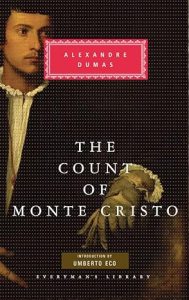
This sprawling adventure follows Edmond Dantès, a young sailor unjustly imprisoned for treason. After years in the Château d’If, he escapes with hidden treasure and reinvents himself as the mysterious Count of Monte Cristo. Methodically, he sets out to reward loyalty and exact vengeance on those who betrayed him. A novel of betrayal, justice, and transformation, it combines relentless pacing, intricate plotting, and a meditation on fate and morality.
6. Candide (Candide, ou l’Optimisme) by Voltaire (1759)
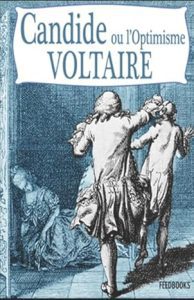
Voltaire’s satirical novella follows the naïve Candide as he journeys across continents, encountering war, natural disasters, corruption, and cruelty – all in contradiction to his tutor Pangloss’s belief that “all is for the best in the best of all possible worlds.” With razor‑sharp wit, Voltaire skewers blind optimism, organized religion, and political power, crafting one of the Enlightenment’s most enduring critiques of human folly.
7. The Hunchback of Notre‑Dame (Notre‑Dame de Paris) by Victor Hugo (1831)
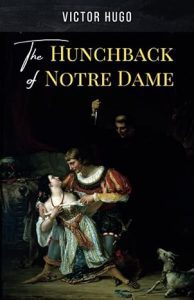
Part Gothic romance, part social critique, Hugo’s novel is set in medieval Paris and revolves around Quasimodo, the disfigured bell‑ringer of Notre Dame Cathedral, and Esmeralda, the beautiful and kind‑hearted Romani dancer he adores. The story explores themes of love, fate, prejudice, and the tension between beauty and ugliness, both physical and moral. Hugo’s vivid descriptions of Paris and its architecture were partly responsible for sparking a restoration movement for the real cathedral.
8. Swann’s Way (Du côté de chez Swann) by Marcel Proust (1913)
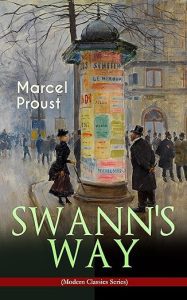
The first volume of In Search of Lost Time can stand on its own as a meditation on childhood, memory, and obsessive love. The famous “madeleine scene” captures the involuntary nature of memory, while the section “Swann in Love” recounts a doomed romantic obsession that mirrors the narrator’s later experiences.
9. Journey to the End of the Night (Voyage au bout de la nuit) by Louis‑Ferdinand Céline (1932)
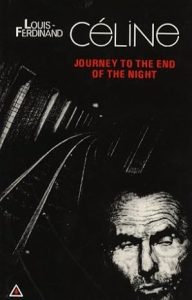
Bitterly satirical and stylistically radical, Céline’s semi‑autobiographical novel follows Ferdinand Bardamu from the trenches of World War I to colonial Africa, American factory floors, and the working‑class districts of Paris. Written in colloquial, slang‑infused prose, it strips away romantic notions of war and civilization, presenting life as driven by survival and self‑interest.
10. The Elegance of the Hedgehog (L’Élégance du hérisson) by Muriel Barbery (2006)

In a genteel Paris apartment building, concierge Renée Michel hides her keen intellect behind a façade of ordinariness, while twelve‑year‑old Paloma Josse secretly plans to end her life. Their unlikely friendship, sparked by a compassionate Japanese tenant, becomes a meditation on beauty, art, and human connection. Barbery’s novel blends philosophical reflection with moving human stories, becoming an international sensation.
Conclusion: Top 10 Books from France
From the satirical brilliance of the Enlightenment to the sprawling social panoramas of Hugo and the psychological depths of Proust, French literature stands as one of the richest cultural legacies in the world. These Top 10 Books from France presented here show the diversity and enduring power of France’s literary tradition.

